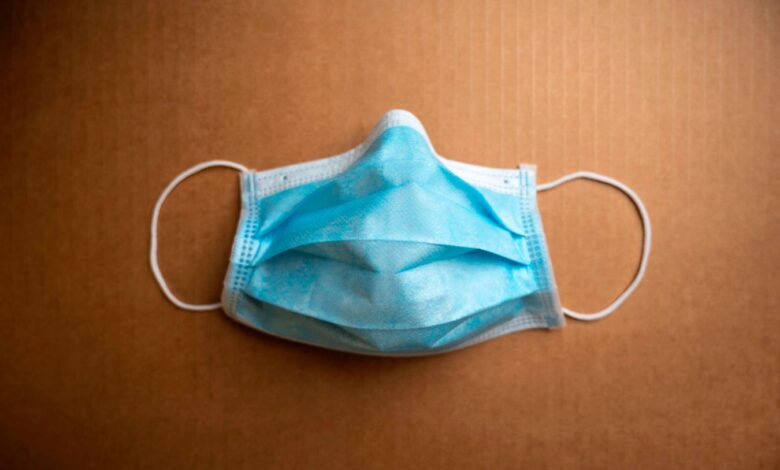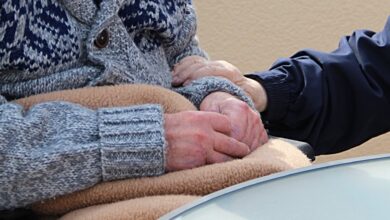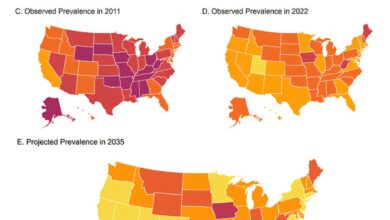Why Mask Bans In America Could Set A Dangerous Precedent For Public Health

Masks have become an essential tool in protecting public health, especially during the COVID-19 pandemic. However, amid the chaos of public unrest in universities and public spaces, some jurisdictions are considering making wearing a mask a criminal offense.
For instance, Democratic Governor Kathy Hochul is advocating for legislation that would criminalize masking for those who pose a threat of violence. The proposed law would make exceptions for individuals with health concerns, work obligations, and adverse weather conditions. Similarly, Texas senators are introducing bills to ban masks and penalize those who use them to intimidate or harass others. Several other jurisdictions, including North Carolina and Nassau County in New York, have already implemented mask bans for similar reasons.
While security concerns are valid, banning masks could have negative implications for public health. Masks are proven to reduce the transmission of respiratory illnesses by trapping airborne particles, including viral particles released when people talk, cough, or sneeze. This is why masking was widely recommended during the COVID-19 pandemic.
Moreover, masks also provide protection against inhaling harmful substances from air pollution, particularly during wildfires and in areas with high pollution levels. Wildfire smoke contains small particles and irritants that can contribute to respiratory issues like asthma and lung disease. Masks act as a barrier against these harmful particles, safeguarding public health.
Medical research strongly supports the use of masks to prevent the spread of infectious diseases. Studies demonstrate that masks reduce the transmission of respiratory particles in various settings. The CDC emphasizes that masks not only protect wearers from inhaling infectious particles but also prevent infected individuals from spreading the virus to others.
While legislation banning masks may include exceptions for individuals with health conditions, enforcing these exceptions can be challenging. Law enforcement officials are restricted in their ability to inquire about health or religious reasons for wearing a mask unless it pertains to a specific crime. This could create difficulties for immunocompromised individuals who rely on masks for protection.
Furthermore, implementing mask bans may isolate those who depend on masks for health reasons, leading to potential discrimination and bias. Businesses could refuse service to individuals wearing masks, including those with disabilities and compromised immune systems. These bans could exacerbate social isolation and hinder access to essential services for vulnerable populations.
In conclusion, public health policy should prioritize the well-being of the entire population while addressing broader societal concerns. Banning masks overlooks their crucial role in preventing the spread of infectious diseases. In a time when science and health have become politicized, it is essential for leaders to advocate for the health and safety of all citizens.
Julie Lam, founder of Mask Together America, emphasizes the importance of wearing masks for vulnerable individuals. She states, “Now I am forced to be on medication that’s making me immune compromised, more susceptible to hospitalization from infection. I am out there protesting, wearing a mask, not to make a spectacle but to send a message that we need to rise up and say no to our government defunding public health.”
By integrating these key points and considerations into public health policy, we can ensure the protection and well-being of all individuals in our society.





